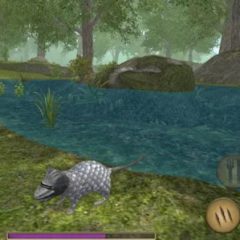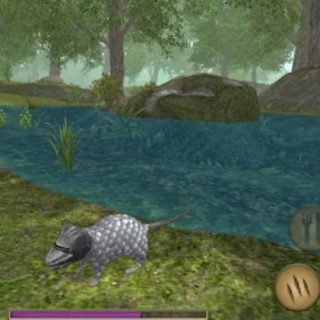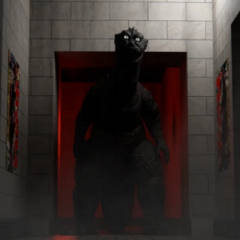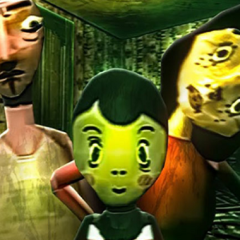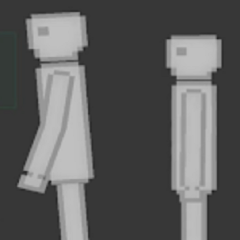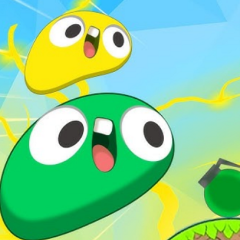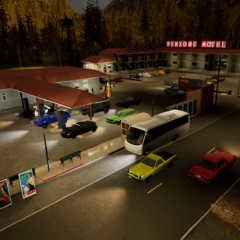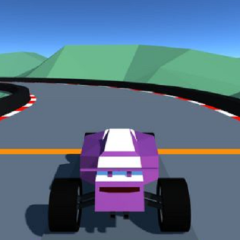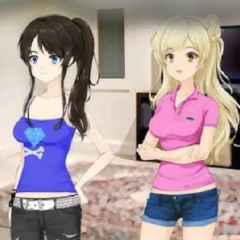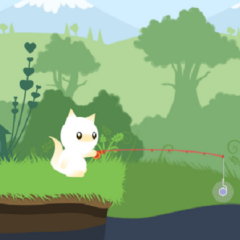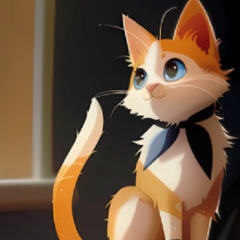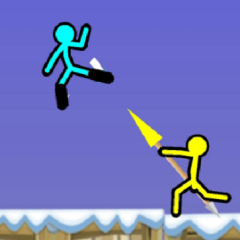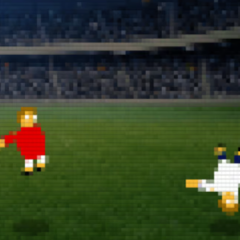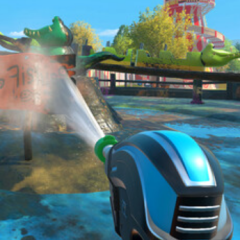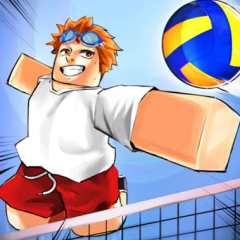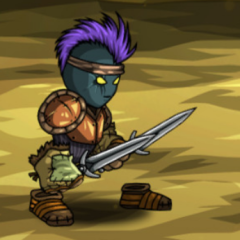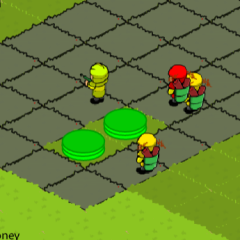Interaction Between Spaces
The two areas available in Forest Mouse offer contrasting opportunities. The outdoor zone supplies natural materials such as bark and plants, while the indoor area includes leftover food, tools, and other objects not found in the wild. Moving from one to the other is risky, and each trip must be calculated based on nearby threats and time of day. While the mouse can collect useful items in either location, both are patrolled by different types of predators. The player must assess the situation constantly to avoid being caught.
Systems and Progress Tracking
As the game advances, the player unlocks new systems tied to housing, reproduction, and skill development. Building the nest is more than just placing parts; each structure adds a function such as energy recovery, food storage, or shelter for offspring. Expanding the mouse family introduces new challenges, including training and feeding multiple characters. The environment also evolves, adding hazards and altering item availability over time. Adapting to these changes is necessary for long-term survival.
Core systems include:
- Nest construction with upgradeable sections
- Dual-environment exploration and collection
- Family expansion through pairing and offspring
- Predator avoidance and hazard response
- Task automation by trained group members
Challenges and Resource Use
Each in-game day presents a limited window of safety. The mouse must move quickly to gather and return with items before threats become too active. Choosing which materials to carry and when to leave is part of the core strategy. Over time, players must weigh the benefits of upgrading their nest versus training additional mice or improving safety routes. The player is never fully secure, and repeated failures are part of the learning process. Strategic decisions affect whether the group grows or falls apart.
Forest Mouse emphasizes careful planning, pattern recognition, and efficient execution. Without a scripted narrative or predefined ending, the game invites players to create their own goals through mechanical progress. There are no direct instructions, and every system must be explored through experimentation. Whether building shelter or training a group of helpers, the player is constantly working against time and resource limits. Forest Mouse offers a focused experience that rewards observation and repetition, allowing the player to shape survival from a small-scale perspective.

